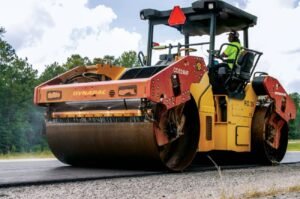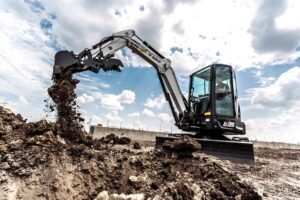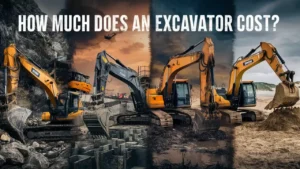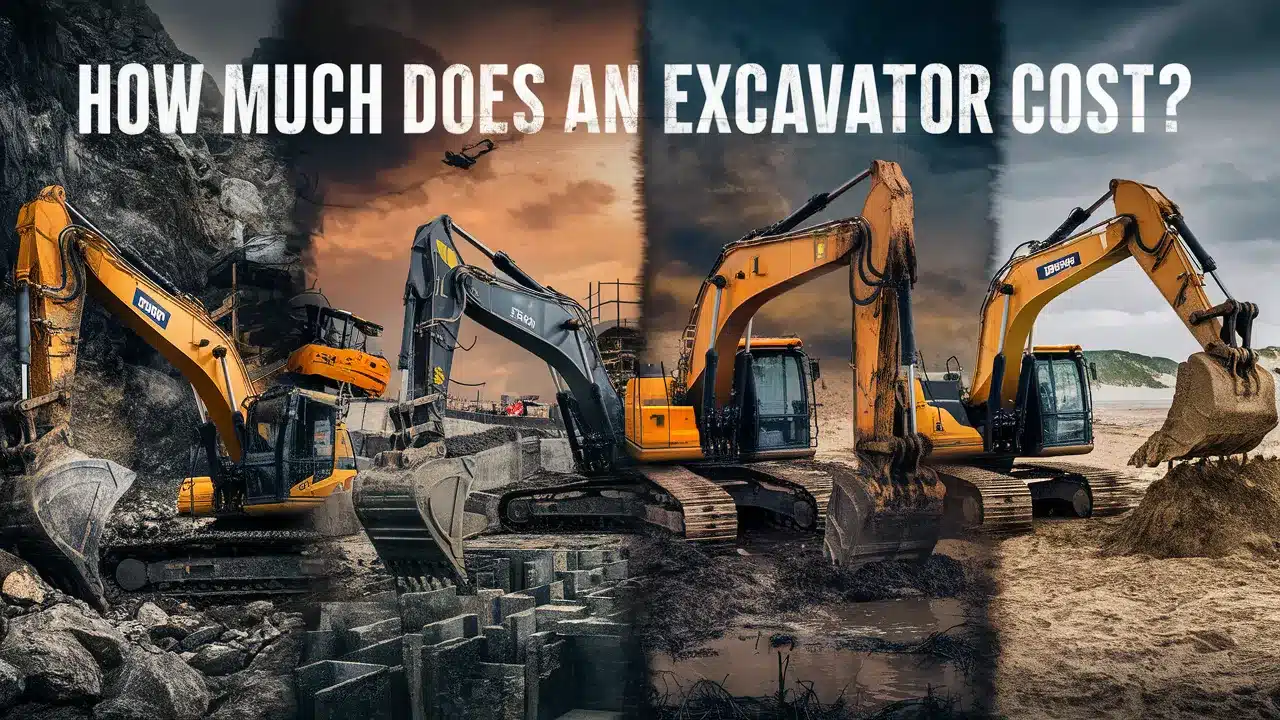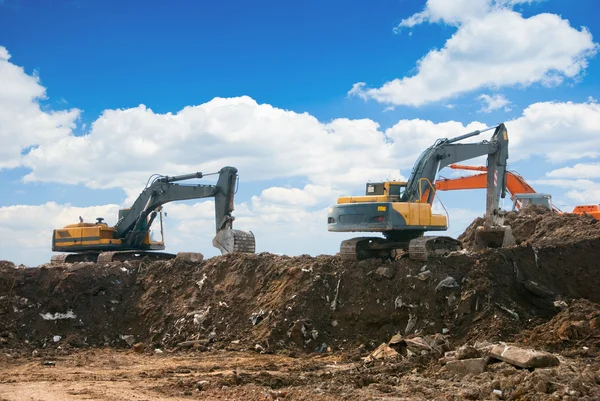Choosing between wheeled and tracked excavators can be daunting due to their distinct advantages. Understanding these differences can significantly impact your project’s efficiency and cost-effectiveness.
Wheeled excavators offer speed and maneuverability, making them ideal for urban environments, while tracked excavators excel in stability and performance on rugged terrain. Each type has unique benefits tailored to specific job sites.
Let’s delve into the specific advantages of both wheeled and tracked excavators.
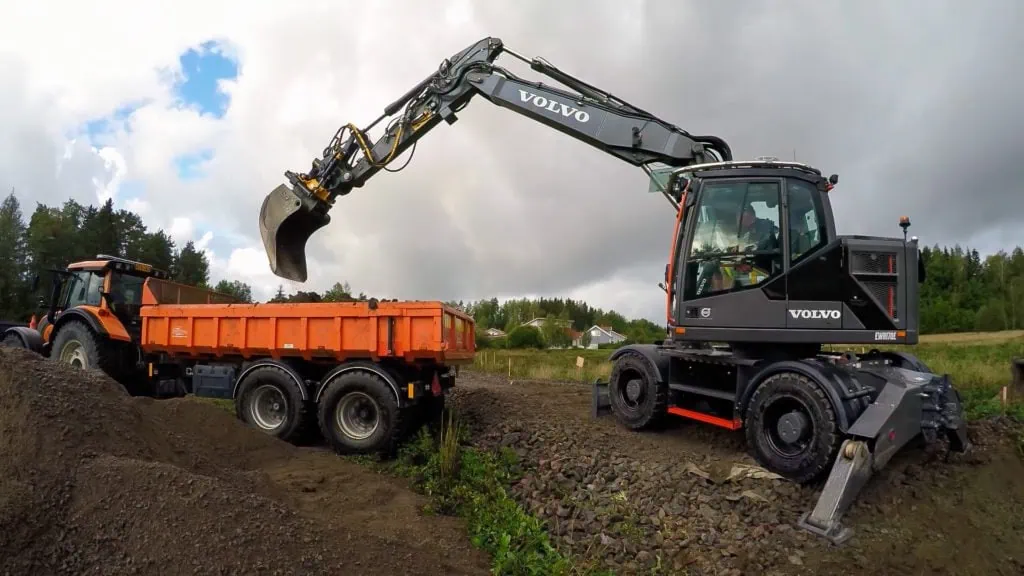
Table of Contents
ToggleWhat Are the Advantages of Wheeled Excavators?
wheeled excavators typically have lower ground pressure than tracked machines, which can be beneficial when working on softer ground or sensitive surfaces. Their rubber tires also make them an excellent choice for working on finished surfaces, such as asphalt or concrete, as they minimize damage and reduce the need for site cleanup.
For contractors working in urban environments or on projects with tight site constraints, the mobility, speed, and versatility of wheeled excavators make them a valuable asset. Whether it’s digging trenches, loading trucks, or placing materials, these machines excel in a variety of applications.
What Are the Advantages of Tracked Excavators?
Tracked excavators are also designed to work on slopes more efficiently than wheeled excavators, making them a popular choice for contractors who need to work on hilly or uneven terrain. Their stability and low center of gravity make them an excellent option for applications such as slope work or trenching.

Which Excavator Is Better for Muddy Surfaces?
Tracked excavators easily handle muddy surfaces and hilly terrain. Due to their ability to distribute weight evenly, these machines make light work of challenging ground conditions that could stop a wheeled excavator in its tracks. This capability is especially essential on jobsites where the terrain isn’t always stable. There aren’t too many jobs where a tracked excavator wouldn’t excel.
How Does Mobility Compare Between the Two?
Wheeled excavators are frequently punctual when on the move and getting from point A to point B. They quickly travel over roads from one jobsite to the next, making them ideal for jobs spread out over a wider urban area. Their speed is valuable to work efficiently in urban settings or on jobsites spaced farther apart. Many cities feature jobsites all over town, and the wheeled excavator’s speed helps reduce travel time, lowering operation costs.
What About Fuel Efficiency?
Fuel efficiency can be comparable between the two, but a wheeled excavator often does better on flat surfaces due to less rolling resistance. However, when you begin to factor in slopes or rough terrain, a tracked excavator might have better fuel economy. Understanding your environment and how you plan to work will help you determine what’s going to be most fuel efficient for your specific application.
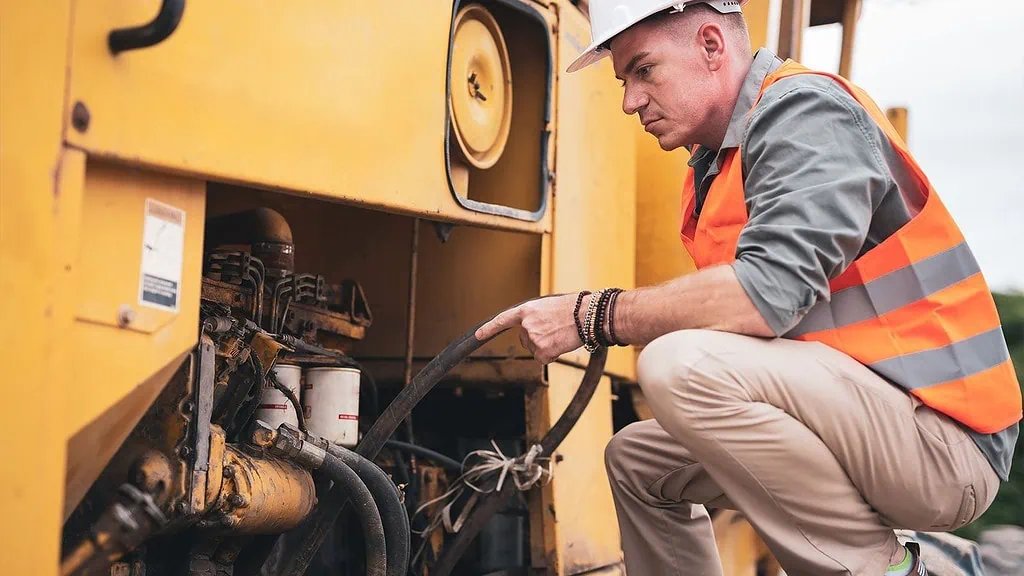
How Do They Differ in Job Site Applicability?
The decision between wheeled and tracked excavators depends heavily on the application. Wheeled excavators are ideal for urban projects, where speed and maneuverability in tight spaces and around obstacles are critical. Tracked excavators shine in more rugged, rural, and construction-oriented projects where robust machinery is a must. Choosing the right machine for your application can make a world of difference in your results.
How Do Maintenance Costs Compare?
Maintenance costs between wheeled and tracked excavators can vary. Wheeled excavators typically have lower maintenance costs as a result of their simpler design with fewer moving parts. Tracked excavators, on the other hand, tend to be more durable but may have higher maintenance costs associated with the undercarriage and tracks. Proper inspection and maintenance are essential for both to ensure longevity and peak performance.
What Factors Should You Consider When Choosing an Excavator?
When it comes to choosing an excavator, consider where you’re going to be working, what you’re going to be doing, and your budget. Wheeled excavators are excellent for jobs where you need speed and flexibility. Tracked excavators are ideal for heavy digging on rough terrain. Knowing what you need out of an excavator will help you decide which type will work best for you.
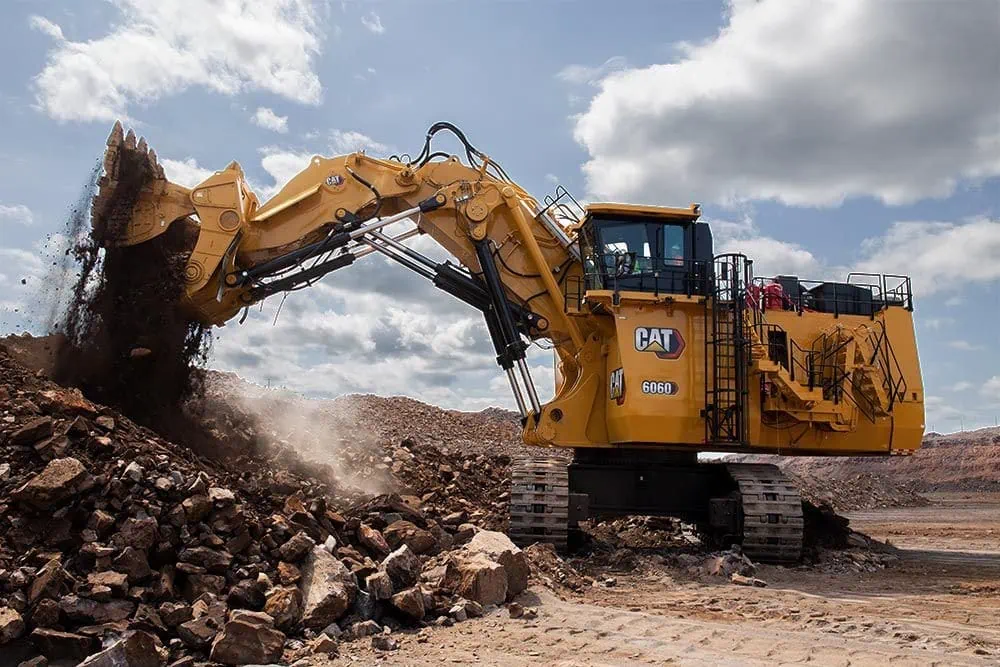
How to Assess the Value of Used Excavators?
When evaluating a used excavator, consider the type of work it’s been doing, its maintenance history, and its overall condition. Check for wear and damage, especially on the tracks or tires as they can significantly affect the machine’s performance. A close inspection can help ensure you make a wise investment in a used wheeled or tracked excavator.
What Are the Future Trends in Excavator Technology?
New technologies such as electric and hybrid excavators promise improvements in fuel efficiency and reduced emissions, appealing to contractors and operators who want to be more environmentally friendly. Keeping up with these trends will help you make more proactive and educated decisions about the equipment you choose.
Summary:
Both the wheeled and tracked excavators have significant advantages for different applications. Understanding these advantages will help you make a knowledgeable decision for your next construction or rental project.

